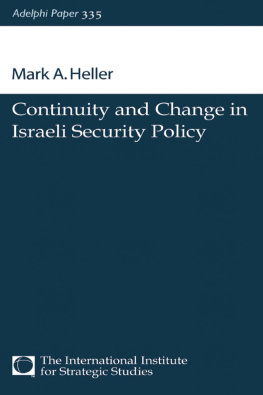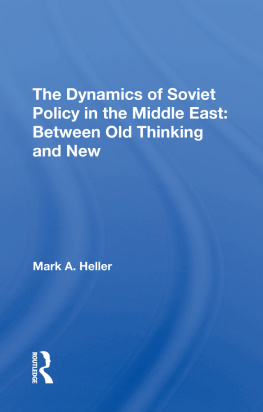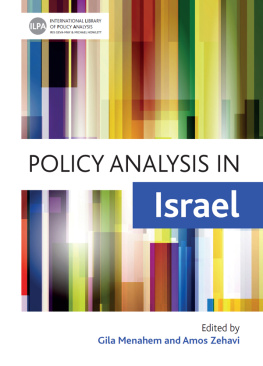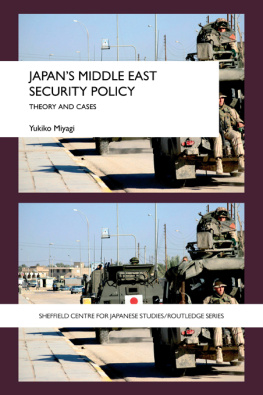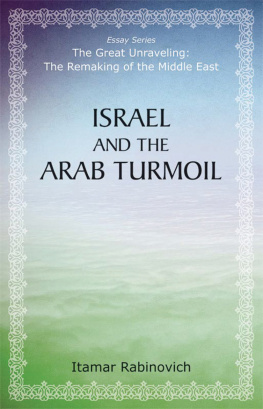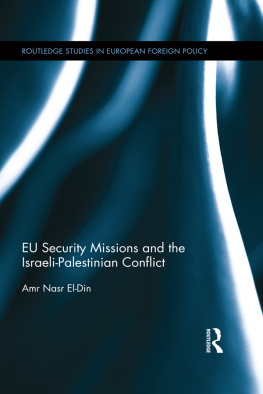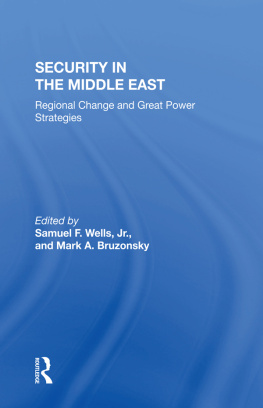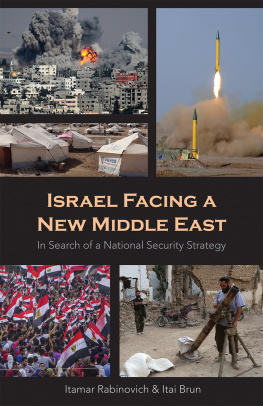First published 2000 by Oxford University Press for the
International Institute for Strategic Studies,
Arundel House, 1315 Arundel Street,
Temple Place, London, WC2R 3DX
This reprint published by Routledge
2 Park Square, Milton Park, Abingdon, OX14 4RN
For The International Institute for Strategic Studies
Arundel House, 1315 Arundel Street,
Temple Place, London, WC2R 3DX
WWW.IISS.ORG
Simultaneously published in the USA and Canada
by Routledge
711 Third Avenue, New York, NY 10017
Routledge is an imprint of the Taylor & Francis Group
JULY 2000 THE INTERNATIONAL
INSTITUTE FOR STRATEGIC STUDIES
DIRECTOR John Chipman
EDITOR Tim Huxley
All rights reserved. No part of this book may be reprinted or reproduced or utilised in any form or by any electronic, mechanical, or other means, now known or hereafter invented, including photocopying and recording, or in any information storage or retrieval system, without permission in writing from the publishers.
British Library Cataloguing in Publication data
A catalogue record for this book is available from the British Library
Library of Congress Cataloguing in Publication data
ISBN 0-199-22483-8
ISSN 0567-932X
Introduction
In 1998, Israel celebrated 50 years of independence with a series of lavish ceremonies and spectacles. But despite the money and effort invested in these festivities, the public mood somehow failed to match the occasion. Instead, there was a curiously understated tone to the anniversary, which was marked more by introspection and unease than by the exuberance and enthusiasm that might have been expected.
At first glance, the understated tone seems curious. Israel had compiled an enviable record of accomplishments that should have been a source of considerable satisfaction and pride. Over five decades, the country had consolidated its precarious independence, won widespread international recognition, absorbed millions of immigrants from around the world, fashioned a powerful army and an advanced militaryindustrial complex, built a world-class scientific-industrial base, a modern, productive agricultural sector and impressive education and public-health systems. With a per-capita annual income of close to $17,000 by the end of the 1990s, Israelis enjoyed a European standard of living and quality of life. Moreover, Israel had done all this while upholding the rule of law and avoiding the autocracy and civil strife that had afflicted so many other states born after the Second World War. Israeli officials never tired of reminding themselves and everyone else of these accomplishments. Such declarations might have been motivated by an element of self-congratulation, but this cannot be said of the countless foreign observers and analysts, many of whose own assessments were, by and large, not all that different.
But however impressive these achievements, they failed to dispel the discontent that accompanied the anniversary. The organising committee was beset by squabbles, resignations and criticism, and its slogan Together in Pride and Hope was received with indifference, even ridicule. An unseemly dispute marred the central cultural event of the festivities, when religious and secular Israelis quarrelled over the costumes of the dance company slated to perform. Israelis reminiscing for the newspapers and television cameras expressed a brooding sense that, for all the progress made, things had not entirely worked out the way they had wanted or expected.
Why this lack of enthusiasm or optimism? Perhaps it is nothing uniquely Israeli, but simply the discontent typical of middle age, national as well as individual. Perhaps it is peculiarly Israeli, a symptom of the congenital introspection of Israelis in general, or (according to many on the right) the congenital negativism of the left, amplified by the leftist media. Whatever the role of these real or alleged predispositions, the reservations felt by so many Israelis were also based on justified uncertainty about the future. For all its gains in national security and international and regional diplomacy, Israel had yet to reach a stable and comprehensive peace with its Arab neighbours. Nor had it achieved the kind of normality in image, self-image and expectations of secure existence that constituted perhaps the most essential aspiration of classical political Zionism to be a nation like all the nations. Domestically, Israel's achievements were clouded by a variety of concerns: about how the political system could withstand challenges to the principles of democratic government and the rule of law; about whether any social consensus could survive in the face of ethnic/communal divisions, growing social and economic disparities and rising violence; and even about the future definition of Israel's national identity. From these concerns emerged uncertainty about the direction Israel was taking, and doubts about whether the institutions, processes, concepts and myths that had sustained its security policy and nation-building efforts in its formative years were still adequate to the task of coping with changing external and domestic challenges.
This paper examines the foundations of Israeli security policy, and analyses the impact on this policy of changes in external threats and in domestic politics and society. It outlines the major sources and contours of security policy in the half-century after 1948, and specifies those domestic and regional/international factors that account for the basic statist model established during the first two decades of Israel's existence (especially under the tutelage of Israel's first prime minister, David Ben-Gurion). It delineates the conceptual underpinnings and operational demands of the policy of deterrence based on offensive defence, and demonstrates how the collectivist nation-building/social-mobilisation model pursued in the early years of Israeli statehood both underlay and sustained the defence effort.
This paper also looks at the changing nature of Israel's threat environment, particularly since 1967. It focuses on the political challenges to the Ben-Gurionist assumptions, especially the assumption of permanent hostility, and on the evolving strategic/operational agenda in the light of the diminishing conventional threat and the emergence of new or more intense challenges: terrorism and counter-insurgency at the lower end of the spectrum, and long-range delivery systems and weapons of mass destruction at the higher end. The overall effect of these changes has been to render the traditional security concept obsolete, and to pose the challenge of reformulating national security policy.
The intensity of this challenge will be very much determined by the political context in which it evolves, especially by the nature of Israel's relations with the Arab world. But it does not depend solely on external factors. It is also related to the way Israel defines itself, that is to its domestic politics and society. Thus, this paper examines the domestic dimension of security issues and analyses the ways in which this dimension both affects, and is affected by, the evolving external threat environment. In particular, it addresses the implications of two transformative changes: the breakdown of the traditional policy consensus caused by the emergence of new ideological streams after 1967; and the breakdown of Israel's traditional social consensus and central sustaining myths caused by ethnic/communal and economic fragmentation. These internal faultlines reinforce the challenge that the changing external environment poses to the basic security concept, and raise questions about Israel's ability to respond to that challenge. Further changes are needed in Israel's security policy, both in terms of processes, and in terms of structures. These changes include greater reliance on a professional component in the Israel Defence Forces (IDF).


